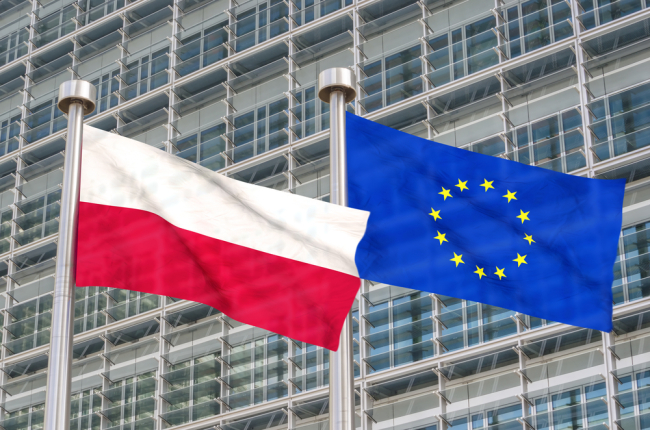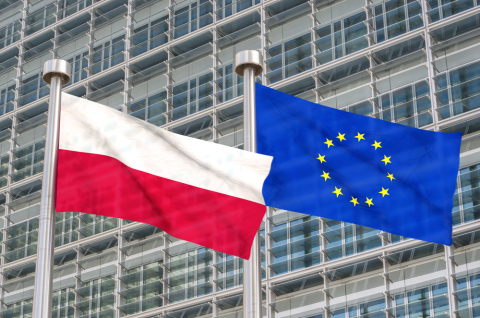East Asia’s Evolving Economic Order: Toward Cohesion or Fragmentation?

Practical information
The era of hyper globalization is now transforming into an age of geoeconomics, where trade and economic relations are increasingly conditioned by national security concerns. What impact will this shift have on the regional trade architecture and economic strategies in East Asia?

DAY 1 - TUESDAY, 09 NOVEMBER 2021
Introductory remarks
09:15 - 09:30 Paris CET
- Françoise Nicolas, Director, Center for Asian Studies, Ifri
- François Chih-chung Wu, Representative, Taipei Representative Office in France
Taiwan’s strategy to compete in the global economy
09:30 - 10:05 Paris CET
Interview with the Honorable John C.C. Deng, Minister without Portfolio, Taiwan
- Topics to discuss: Taiwan’s industrial policy, including on re-shoring and supply chain reorganization, and foreign trade and investment strategy, including relations with PRC, trade diversification, negotiations with the US, and relations with Europe.
Interviewer: Françoise Nicolas, Senior Economist and Director, Center for Asian Studies, Ifri
Geoeconomics and the balance of power in East Asia
10:10 - 11:30 Paris CET
Topics of discussion:
- Geoeconomics – the use of economic power to pursue foreign policy and geopolitical goals – and its implications for the regional economy and balance of power in East Asia.
- Interdependence and the weaponization of trade and the economy.
- The tools of geoeconomic power and their use by major powers in the region.
- The nature, effectiveness and impact of grand “connectivity” strategies – Belt and Road Initiative, Free and Open Indo-Pacific, Build Back Better World, Europe’s Global Gateway, etc.
Speakers:
- Anthea Roberts, Professor, School of Regulation and Global Governance (RegNet), Australian National University
- Xue Gong, Assistant Professor, China Programme, S. Rajaratnam School of International Studies (RSIS), Nanyang Technical University
- Cheng-Chwee Kuik, Associate Professor, Head, Center for Asian Studies, Institute of Malaysian and International Studies, National University of Malaysia
Moderator: John Seaman, Research Fellow, Center for Asian Studies, Ifri
DAY 2 - WEDNESDAY, 10 NOVEMBER 2021
East Asia’s evolving regional trade architecture
09:15 - 10:45 Paris CET
Topics of discussion:
- Assessment of regional trade arrangements (CPTPP and RCEP) and the changing nature of trade in East Asia.
- Competing trade strategies of major regional powers and how Taiwan and South Korea find their place.
- Impact of regional trade agreements on the evolution of the global trade architecture.
Speakers:
- Deborah Elms, Founder and Executive Director, Asian Trade Centre
- Taeho Bark, President, Lee & Ko Global Commerce Institute, Emeritus Professor, GSIS, Seoul National University, and former Trade Minister, Republic of Korea
- Roy Chun Lee, Associate Research Fellow and Senior Deputy Executive Director, Taiwan WTO and RTA Center, Chung Hua Institution for Economic Research
Moderator: Françoise Nicolas, Director, Senior Economist, Center for Asian Studies, Ifri
Restructuring value chains in East Asia: myths and realities
11:00 - 12:30 Paris CET
Topics of discussion:
- Analysis of strategies to reorganize supply chains and re-shore industries.
- Value-chain decoupling: myths and realites.
- Nationalization VS regional re-organization of value chains.
- What key industries are experiencing significant industrial and geopolitical competition and movement on supply chain reorganization?
Speakers:
- Alicia Garcia-Herrero, Chief Economist for the Asia-Pacific, Natixis and Senior Fellow, Bruegel
- Fukunari Kimura, Chief Economist, Economic Research Institute for ASEAN and East Asia (ERIA), Professor, Keio University
- Jayant Menon, Visiting Senior Fellow, ISEAS, former Lead Economist, Asian Development Bank
Moderator: Alice Pannier, Research Fellow, Head, Geopolitics of Technology Program, Ifri
Replay
Other events

Affirming European security in times of uncertainty. Poland’s priorities of its presidency of the Council
Poland will assume the presidency of the Council of the EU throughout the first semester of 2025, when geopolitical tensions are likely to peak.

Paris Naval Conference 2025: Naval Power in support of Maritime Economy
This third edition of the Paris Naval Conference (CNP), bringing together high-level speakers from the military, industry and academia, aims to address the issues of securing the maritime economy for the world's navies.






